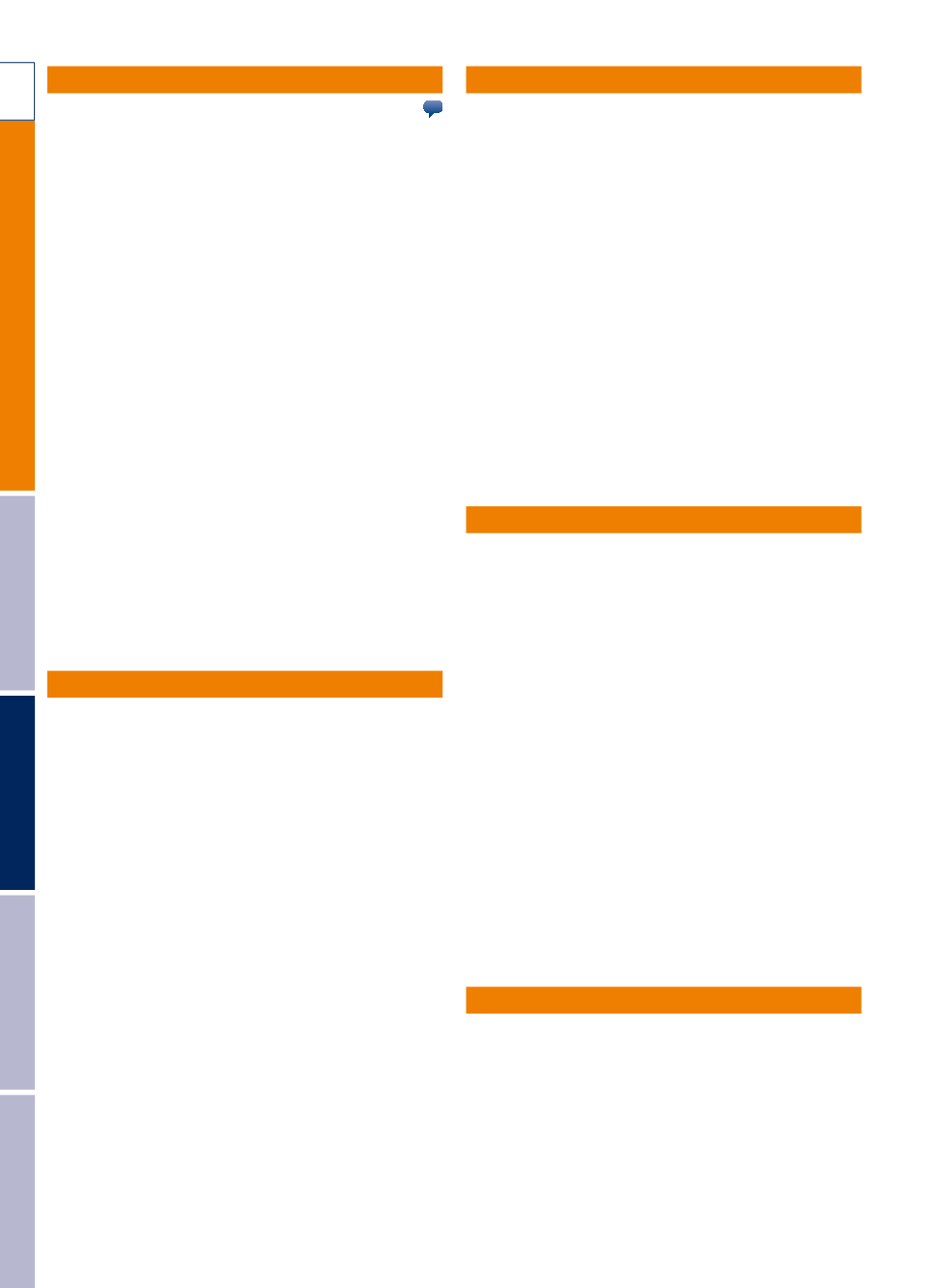

MONDAY
TUESDAY
WEDNESDAY
THURSDAY
SCIENTIFIC PROGRAMME
154
S-195
Symposium
15:15– 16:45
|
Hall New York 3
TOPIC 22:
Community and social psychiatry
Should we have the same psychiatrist in inpatient
and outpatient care or different psychiatrists in
each setting?
Chairs:
Mirella Ruggeri, Italy
Stefan Priebe, United Kingdom
001
Continuity of care or specialisation: what do
patients prefer?
Mirella Ruggeri, Italy
002
Continuity of care or specialisation: what do
clinicians prefer?
Jacek Moskalewicz, Poland
Marta Welbel, Justyna Klingemann
003
Which service organisation model can reduce
hospital admissions and improve clinical and social
outcomes?
Victoria Bird, United Kingdom
Domenico Giacco, Stefan Priebe, Andrea Pfennig, Bettina
Soltmann
004
Continuity of care and specialisation: system
features and costs
Pablo Nicaise, Belgium
Tiyi Morris, Paul McCrone
S-196
Symposium
15:15– 16:45
|
Room M8
TOPIC 13:
Brain imaging, neurophysiology,
neuropsychology
Translating oxytocin neuroscience to the treatment
of mental disorders
Chairs:
René Hurlemann, Germany
Valery Grinevich, Germany
001
Brain penetrance of systemically delivered
oxytocin and its effect on dopamine signaling in the
reward system
Mary R. Lee, USA
002
The oxytocin system and social-cognitive
functioning in schizophrenia – is nasal oxytocin a
potential treatment option?
Christian Luckhaus, Germany
003
Exploring nasal oxytocin as a new avenue for
treating anxiety disorders
René Hurlemann, Germany
004
Sensory signals mobilize the oxytocin system
towards sociality
Valery Grinevich, Germany
S-197
Symposium
15:15– 16:45
|
Room Weimar 3
TOPIC 22:
Community and social psychiatry
Family functioning and its role in psychopathology
›
WPA Section: Family Research and Intervention
Chairs:
Massimo Clerici, Italy
Samir Ibrahim, Australia
001
Family interventions in the treatment of
depression
Samir Ibrahim, Australia
002
The brief assessment of family functioning
scale (BAFFS)
Gabor Keitner, USA
003
Family role in the development and treatment
of personality disorders
Ester di Giacomo, Italy
Fabrizia Colmegna, Flora Aspesi, Massimo Clerici
S-198
Symposium
15:15– 16:45
|
Room Weimar 5
TOPIC 3:
Psychotic disorders
Schizophrenia diagnosis – prognosis and living reali-
ty of people with schizophrenia in life's review
Chairs:
Georg Juckel, Germany
Gudrun Tönnes, Germany
001
Diagnoses and prognoses in the course of time –
how do we consider the recovery from schizophrenia?
Georg Juckel, Germany
002
Recovery – a difficult and lifelong learning
process for children and parents
Janine Berg-Peer, Germany
003
From 0 to 100 in more than 10 years
Sascha Keuter, Germany
004
From the juvenile psychosis to schizophrenia as
chronic disease and step by step to recovery – own
story and other stories of recovery from schizophrenia
Gudrun Tönnes, Germany
S-199
Symposium
15:15– 16:45
|
Room Weimar 1
TOPIC 4:
Affective disorders
Gut microbiota and psychiatry
Chairs:
Avinash DeSousa, India
E. Mohandas Warrier, India
001
Gut microbiota – a primer
E. Mohandas Warrier, India
002
Gut microbiota – role in anxiety and depression
Rajesh Nagpal, India


















